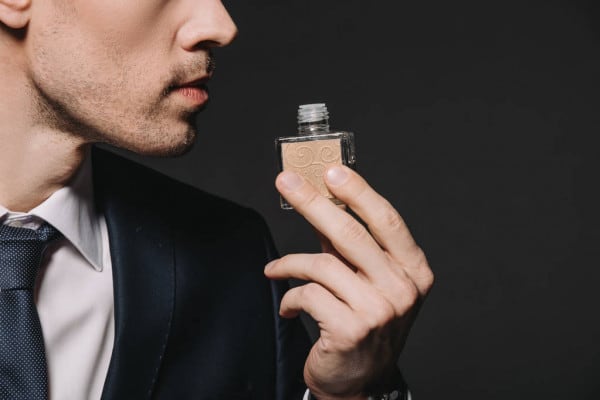Introduction:
Perfume and cologne are two popular terms used to describe fragrances, and they are often used interchangeably. However, there are distinct differences between perfume and cologne, including their concentration, intended use, and the way they are formulated. Understanding these differences can help you make informed choices when selecting a fragrance that suits your preferences. Let's explore the dissimilarities between perfume and cologne.-
Concentration: The concentration of fragrance oils is one of the primary distinctions between perfume and cologne. Perfume typically contains the highest concentration of fragrance, ranging from 15% to 40%. This high concentration results in a potent and long-lasting scent that can linger on the skin for hours. On the other hand, cologne has a lower concentration of fragrance oils, usually around 2% to 4%. As a result, cologne tends to be lighter and less overpowering, making it ideal for daily wear.
-
Longevity: Due to the variance in concentration, perfume tends to have better longevity than cologne. Perfume's higher concentration of fragrance oils enables it to last longer on the skin, often lasting throughout the day without needing to be reapplied. Cologne, with its lower concentration, tends to fade more quickly and may require reapplication during the day for a sustained scent.
-
Intended Use: Perfume is typically associated with formal or special occasions due to its potent nature. Its strong and long-lasting fragrance is well-suited for evening events, parties, or elegant occasions. In contrast, cologne is often viewed as a more casual fragrance option. It is commonly used for everyday wear, such as in professional settings, during daytime activities, or for a subtle and refreshing scent after showering.
-
Formulation: The composition of perfume and cologne also differs in terms of their formulation. Perfumes are created using a blend of essential oils, aroma compounds, and fixatives. This complex formulation contributes to the rich and layered scent that perfumes are known for. On the other hand, cologne is typically a lighter and simpler blend, containing a higher proportion of alcohol and fewer aromatic ingredients. The higher alcohol content in cologne aids in its quick evaporation and lighter scent profile.
-
Gender Stereotypes: While not an inherent characteristic, perfumes are often marketed towards women, and colognes are marketed towards men. These gender associations, however, are subjective and can vary based on personal preferences and cultural norms. It's important to note that fragrances are not limited by gender, and individuals are encouraged to explore and wear scents that they find appealing, regardless of societal expectations.








